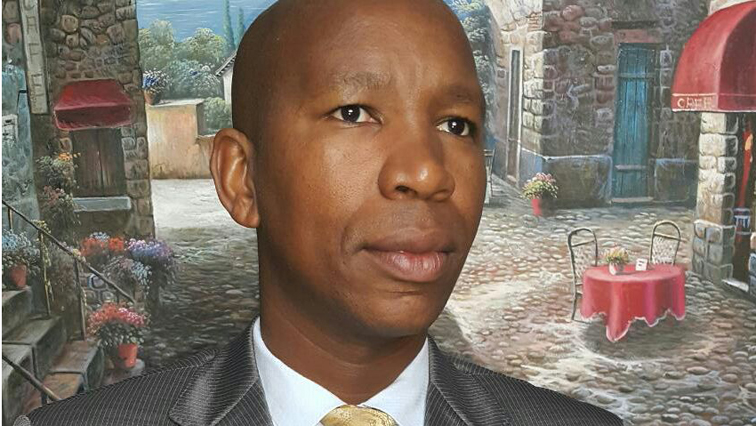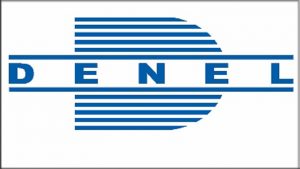Amid the chorus of approval for the appointment of Jabu Mabuza as the chairperson of the newly appointed Eskom board, one needs not underestimate the real, urgent task facing the board and the interim CEO, Phakamani Hadebe.
For a start, Eskom is the most important State owned company (SOC) within the state portfolio. It can be argued that when Eskom sneezes, the rest of the South African economy catches cold. It is neither exaggeration nor finger-pointing that poor performance (and governance at) Eskom significantly contribute towards low GDP growth, rising government debt and postponement of debt stabilisation.
It is unfortunate that Eskom has been used as a political tool, featuring strongly in the state capture project, spilling to cabinet reshuffles, thus undermining the progress of the state-owned companies’ governance, raising the risks that SOC debt could migrate onto the government’s balance sheet. Political players and executives are deeply involved in pursuing different agendas in the (exorbitant) nuclear programme, contract and procurement, thus increasing political tensions that undermine South Africa’ progress on fiscal consolidation, economic growth and business confidence.
As the real work begins, there are urgent matters that new leadership is no doubt dealing with. Though expected, global rating agency, Moodý’s Investors Service (Moody’s) downgraded the power utility’s bonds this week to sub-investment status, to B1 from Ba3.
The immediate impact of the downgrade is the increase in the cost of borrowing; further condemning the ailing power utility.
Chief amongst the urgent work of the highly competent board is the unambiguous, clear mandate of their function and the entity. There is no doubt that Mabuza would rightfully request a complete independence from the often-quoted interference from shareholder, either represented by a Minister and or President.
Independence of the board is sacrosanct to effective governance and execution of the fiduciary duties. Of course, the leadership has only few days left to meet the JSE requirements to finalise and publish the outstanding interim financial statements. This is critical to avert suspension of its bond.
The board has been instructed to find a suitable CEO within the next three months. Whilst South Africa – and certainly the world – is not short of suitably qualified individuals, it is no easy task to find someone who is readily willing to embark on this colossal task. Certainly, Hadebe will be a contender for a permanent CEO position.
New leadership look to ensure solvency
The new leadership needs to deal with liquidity without delay. Eskom needs to find an estimated R20bn to R25bn to cover for its covenants, as part of its debt obligation. Reports indicated that the entity is lagging behind on meeting its obligation. As Eskom would find it near-impossible to issue bonds, thus the short term solution is approaching its lenders to restructure the debt and or renegotiate key covenants. A restructure of debt and postponement of payment comes at a cost. Nersa rightfully declined a request to increase tariffs by 19.9%. Consumers have been funding bad habits.
As the parliamentary inquiry into state capture dig deeper, it is welcoming that a number of implicated senior leaders are leaving Eskom.
At least five senior executives have left the company following the on-going inquiry and as part of clean-out on those implicated in state capture and corruption. This also means that the new leadership needs to without delay, find suitable senior leaders to fill vacant, critical roles for CFO, capital projects lead, and others. The board has also been mandated to remove all those implicated individuals; and one would think that there are quite a few, as the pack of cards begins to fall. To gain investor and public trust, those implicated in corruption and state capture should be reported to law-enforcement and face prosecution.
As the new leadership look to ensure solvency, it would be focusing on reducing cost and align its projects with (new) energy equation. Significantly, it would need to be prudent in its operation, while aligning its future build (capital) program (projects). Eskom’s balance sheet as at 31 March 2017 reflected total assets of R 710 billion.
This is funded by debt securities and borrowings of close to R350bn, including R230bn in government guarantees. This is a large number by any measure, as it accounts for example, about a quarter of the country’s annual revenue.
Cost reduction measures need to start with eliminating waste in the form of unauthorised, irregular, fruitless and wasteful expenditure.
Executives need to be held fully accountable to drive the culture of efficiency and accountability.
Remuneration costs including incentive such as bonuses require an appropriate matching to increase productivity.
Eskom has excess capacity, thus it is difficult to justify nuclear programme that others parties are hell-bent on (it). One notes the argument that as economy grows, the country needs sustainable, affordable energy. New energy equation, premised on environmental consideration does not necessary require nuclear programme. Already, our revenue gap is in excess of R51bn, it would be reckless to commit our generation to costly projects when the country needs fiscal consolidation. The rest of the world is looking at renewables. Associated industries can grow on new technologies using solar and wind.
Sizwe Mbele is the Strategy Director at Business Leadership South Africa




